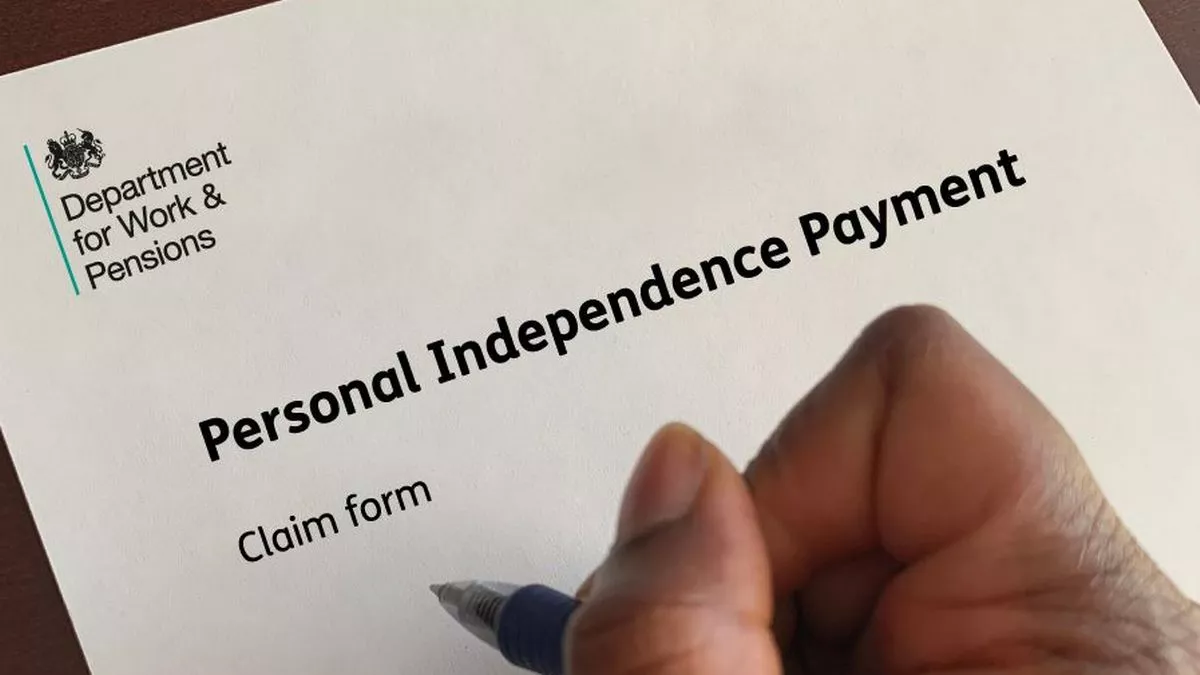
Introduction
Personal Independence Payment news has been buzzing recently, with talks of big changes that could affect millions of disabled people in the UK. These proposed changes have sparked concern and debate, as they might change how people receive and qualify for support.
Personal Independence Payment news is important for anyone who depends on PIP or knows someone who does. It’s not just about money—it’s about making life fairer for people with extra needs. In this post, we’ll cover what’s new, what it could mean for you, and how to share your voice on these proposals.
What is Personal Independence Payment (PIP) and Why Is It Important?
Personal Independence Payment, or PIP, is a benefit provided to help cover extra costs faced by people with long-term health issues or disabilities. These payments are meant to make everyday life a little easier, whether the person is in work or not. PIP isn’t based on income or savings, so anyone who qualifies can receive it.
The purpose of PIP is to support people who need extra help in daily life, such as assistance with mobility or personal care. To qualify, people need a health condition that has lasted at least three months and is expected to continue for nine more. This support can be a real lifeline for many individuals facing challenges each day.
Knowing about PIP is essential because it’s more than just financial aid; it’s a recognition of the higher costs that disabled people often encounter. These payments help cover daily expenses, providing a more comfortable life. Understanding PIP is the first step to knowing what changes in “personal independence payment news” could mean for those who depend on it.
Breaking Down the Latest Personal Independence Payment News
Recent personal independence payment news reveals that the government is considering changes to the way PIP is assessed and distributed. These proposed changes have sparked a lot of interest because they could affect many people who rely on PIP support. The government claims that PIP costs are rising too quickly and changes are necessary.
One proposed change is the idea of using vouchers instead of cash payments for certain services. This could mean that instead of getting money to spend freely, PIP recipients might get vouchers only usable for specific needs. Other suggestions include one-time payments for home modifications rather than ongoing support.
Another potential change involves setting stricter rules for qualifying for PIP, including requiring a formal medical diagnosis. This change could impact people who currently qualify based on their daily challenges, regardless of their exact medical condition. Each proposed change could alter how people receive support, which is why keeping up with the latest personal independence payment news is crucial.
Proposed Changes to PIP: What You Need to Know
The government’s suggested changes to PIP focus on making the system more sustainable, but they might make things tougher for those who need help. One of the main proposals is to shift from regular payments to vouchers. Instead of cash, people may receive vouchers for services, limiting flexibility.
Another proposed change is requiring proof of spending for one-time purchases, with reimbursement afterward. This could make receiving support more complicated, as people would need to keep receipts and wait for approval. Also, people might need a formal diagnosis from a medical expert to be eligible, making the process more stringent.
The last proposal involves adjusting the qualifying period, which means some people might wait longer to receive PIP support. For those with long-term or mental health conditions, the government is considering directing them to treatment instead of providing payments. Being informed about these changes in personal independence payment news is important for understanding how future policies might impact individuals’ lives.
How Proposed PIP Changes Could Affect You
For anyone who relies on PIP, the proposed changes may bring new challenges. With changes in eligibility, some people who currently qualify for PIP might not in the future. The need for a medical diagnosis could mean fewer people are approved, especially those with mental health conditions that don’t always have clear diagnoses.
The shift to vouchers instead of cash could also make it harder for people to cover unique or personal expenses. Vouchers are not as flexible as cash, so they may not fit everyone’s needs. Similarly, one-time payments for home adjustments instead of regular support might make it harder for some to manage ongoing expenses.
For people who are affected by these changes, understanding the new rules is essential. Following updates in personal independence payment news helps prepare individuals for what’s coming. Those who disagree with the changes can also participate in the government’s consultation to make their voices heard.
Taking Action on Proposed Changes
- Share Your Experience: Respond to the government’s consultation if you’re concerned about the changes.
- Sign Petitions: Some organizations offer petitions to stop these changes—this is one way to show support.
- Stay Informed: Follow personal independence payment news for ongoing updates and new developments.
Conclusion
The recent changes in personal independence payment news may seem confusing, but it’s important to understand how they could impact people who need extra help. These proposals from the government could make it harder for some people to qualify for PIP, or change the way they receive support. Keeping up with the latest news helps us all stay aware of what’s happening and what might change.
If you or someone you know relies on PIP, it’s a good idea to learn more about these proposals and share your thoughts. The government is listening through its consultation, so every voice matters. By staying informed and involved, we can help shape the future of PIP and make sure it supports those who truly need it.
FAQs
Q: What is Personal Independence Payment (PIP)?
A: PIP is a benefit in the UK that helps cover extra costs for people with disabilities or long-term health conditions, regardless of their income or whether they’re working.
Q: Who qualifies for PIP?
A: People aged 16 and above, but below state pension age, with a health condition affecting their daily life or mobility may qualify. The condition must have lasted at least three months and be expected to continue for nine more.
Q: What changes are being proposed for PIP?
A: Proposed changes include replacing cash payments with vouchers, one-time payments for home adaptations, stricter eligibility criteria, and possibly requiring formal medical diagnoses.
Q: Why is the government considering changes to PIP?
A: The government says that PIP costs are rising too quickly and that reform could help make the system more sustainable and better suited to people’s needs.
Q: How can I share my opinion on these PIP changes?
A: You can share your thoughts by responding to the government’s open consultation, which allows the public to provide feedback on the proposed changes.
Q: Will the proposed changes affect current PIP recipients?
A: Right now, no changes have been made. The consultation process will take time, so any decisions are unlikely to affect recipients immediately.







